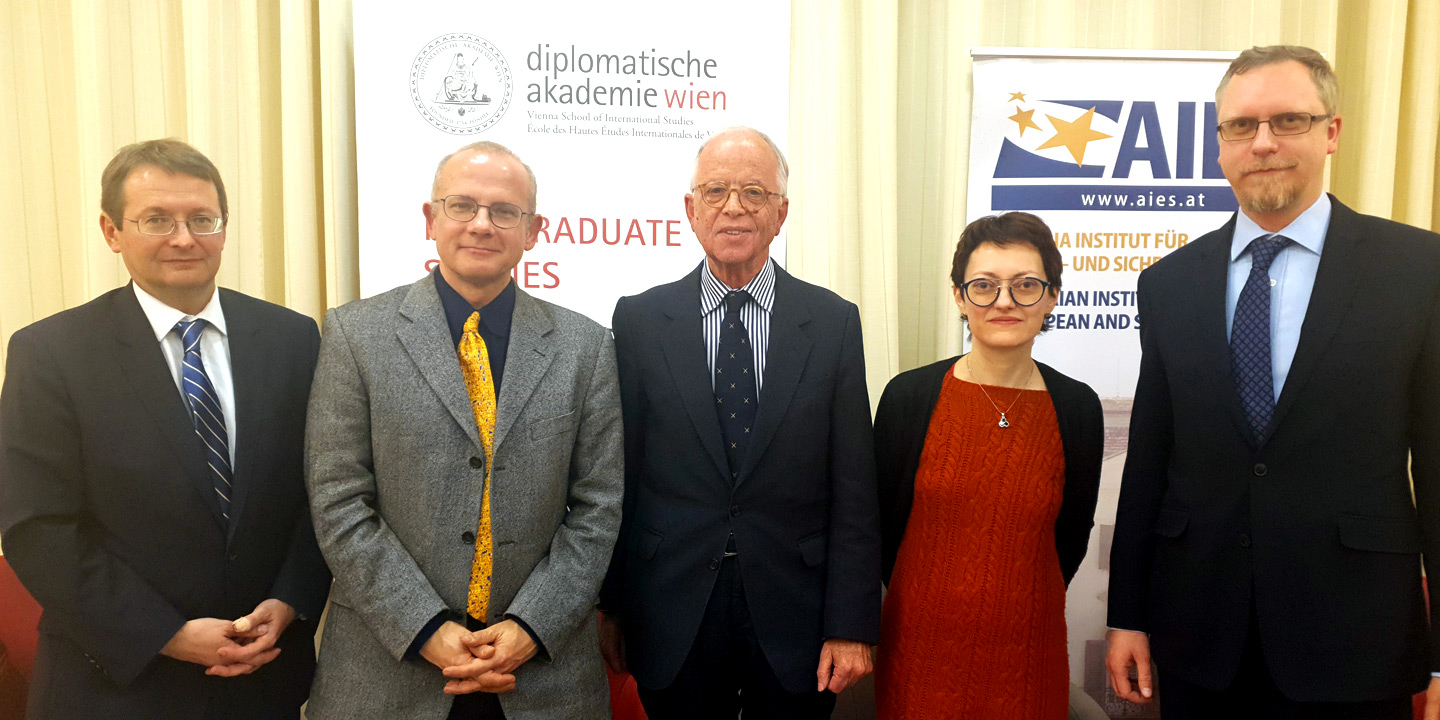Putin’s “Project Mayhem”. The Socio-Psychological Drivers of Putin’s Politics of Ressentiment
It was our great pleasure to host the presentation and discussion of Professor Roger Griffin’s “Putin’s ‘Project Mayhem’. The Socio-Psychological Drivers of Putin’s Politics of Ressentiment“. Follow the link to watch the entire event in two parts.
Russia’s Annexation of Crimea Seven Years After: Why It Happened and What It Means for Europe
Speakers
Andreas Umland, Research Fellow at the Russia and Eurasia Programme at the Swedish Institute of International Affairs, and co-founder of the Centre for Democratic Integrity
Margarita Akhvlediani, Managing Director at the JAMnews media platform
Natalia Gumenyuk, journalist, co-founder of the Public Interest Journalism Lab
Martin Kragh, Head of the Russia and Eurasia Program at the Swedish Institute of International Affairs
Concept and moderation
Anton Shekhovtsov, Director and founder of the Centre for Democratic Integrity
How Russian Media Targeting International Audiences Spread Conspiracy Theories
Cooperation project: forum journalismus und medien and CDI.
Conspiracy theories are not mere myths. Backed by state institutions, they become potent instruments of political or even geopolitical struggle. This is the case in Vladimir Putin’s Russia: state-controlled media targeting the international audiences, like RT (former Russia Today), have promoted conspiracy theories aimed at discrediting and undermining liberal democratic societies. What is the place of the anti-Western conspiracy theories in contemporary Russia? Do these theories reflect the official political line? Which challenges do conspiracy theories pose to the international media?
Speakers
Dr. Ilya Yablokov, Lecturer in Russian media and politics, University of Leeds, UK.
Dr. Precious Chatterje-Doody, Lecturer in Politics and International Studies, Open University, UK.
Concept and moderation
Dr. Anton Shekhovtsov, external Lecturer, University of Vienna, Austria. Founder of the Centre for Democratic Integrity.

The Geopolitical Impact of Nord Stream 2.0 on European Energy Security
On 26 February 2020, the Centre for Democratic Integrity (CDI), Austrian Institute for European and Security Policy (AIES), and the Vienna School of International Studies held a panel discussion on the the geopolitical impact of the Nord Stream 2 project.
The panel, which included Professor Johannes Pollak (Webster University, Austria), Dr. Andreas Umland (Institute for Euro-Atlantic Cooperation, Ukraine), Ana Otilia Nuțu (Expert Forum, Romania) and Dr. Anton Shekhovtsov (CDI, Austria) and was moderated by Dr. Werner Fasslabend (AIES), discussed different perspectives of Nord Stream 2.0 and highlighted positive and negative aspects of the project. Several essential questions were raised about the intentions and goals of the construction of the pipeline, its impact on the economies of several states affected by the project as well as its contribution to energy security.

